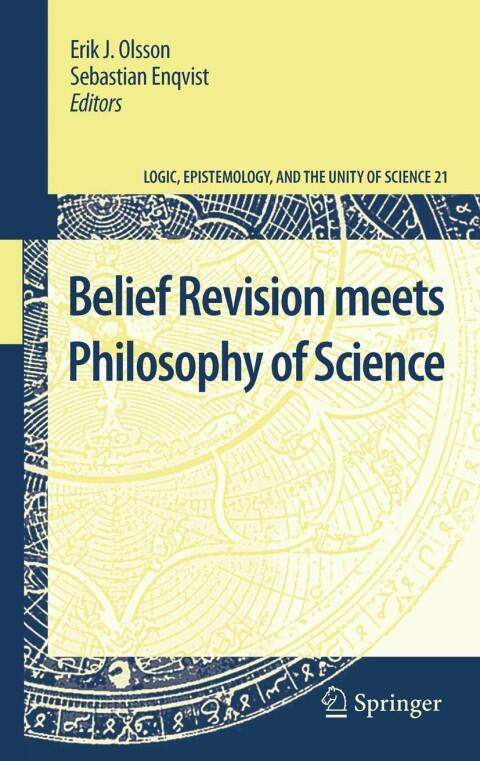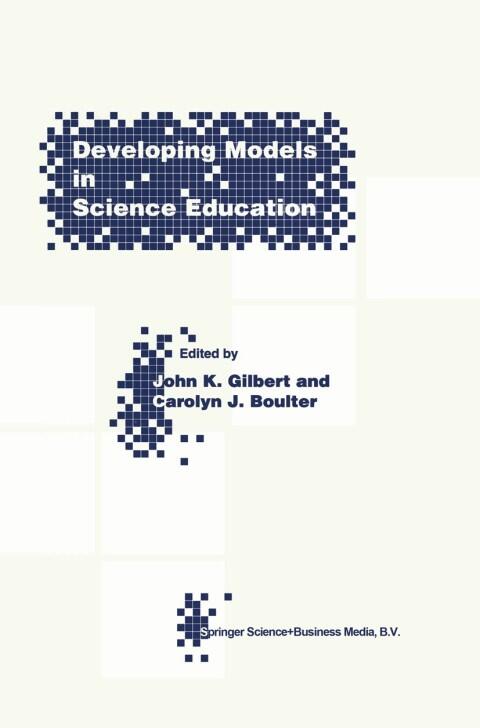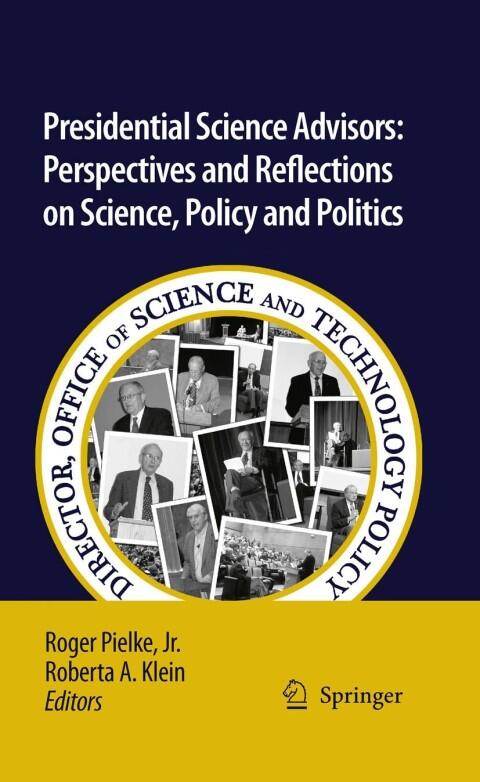
Belief Revision meets Philosophy of Science
작성자
Erik J Olsson; Sebastian Enqvist
아직 평점이 없습니다
Science & Technology
Philosophy
형식
킨들
페이지
379
언어
네덜란드어, 플라망어
출판됨
Jan 1, 2010
출판사
Springer
판
2011
ISBN-10
9048196094
ISBN-13
9789048196098
설명
Erik J. Olsson and Sebastian Enqvist dive into the intricate intersection of belief revision theory and the philosophy of science, exploring how each field can influence and enhance the other’s understanding of knowledge dynamics. This work presents a detailed analysis of how individuals adapt their beliefs in light of new evidence, paralleling the ongoing evolution of scientific theories. Through this lens, the authors examine the processes by which knowledge is not only constructed but also reconstructed, emphasizing the fluid nature of understanding in both personal and scientific contexts.
Throughout their argumentation, the authors draw on various philosophical frameworks to discuss the implications of belief change, challenging conventional notions of certainty and encouraging a more nuanced view of scientific inquiry. They engage with historical and contemporary examples, demonstrating how shifts in belief systems can drive both personal convictions and broader scientific paradigms.
By weaving together logic, epistemology, and practical case studies, Olsson and Enqvist provide readers with a comprehensive overview that highlights the importance of adaptability in knowledge acquisition. The work serves as a vital resource for anyone interested in the philosophical underpinnings of science and the mechanics of belief change, stimulating thoughtful reflection on the nature of truth and understanding in an ever-evolving world.
Throughout their argumentation, the authors draw on various philosophical frameworks to discuss the implications of belief change, challenging conventional notions of certainty and encouraging a more nuanced view of scientific inquiry. They engage with historical and contemporary examples, demonstrating how shifts in belief systems can drive both personal convictions and broader scientific paradigms.
By weaving together logic, epistemology, and practical case studies, Olsson and Enqvist provide readers with a comprehensive overview that highlights the importance of adaptability in knowledge acquisition. The work serves as a vital resource for anyone interested in the philosophical underpinnings of science and the mechanics of belief change, stimulating thoughtful reflection on the nature of truth and understanding in an ever-evolving world.



















